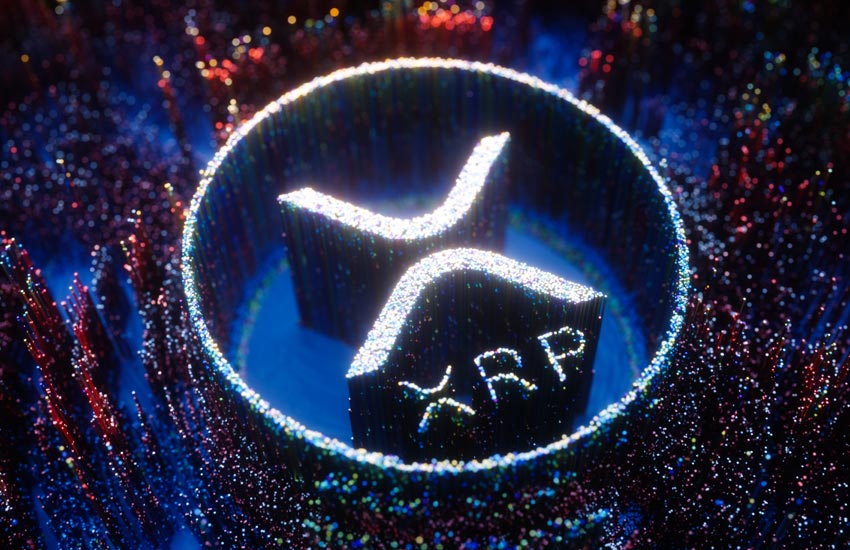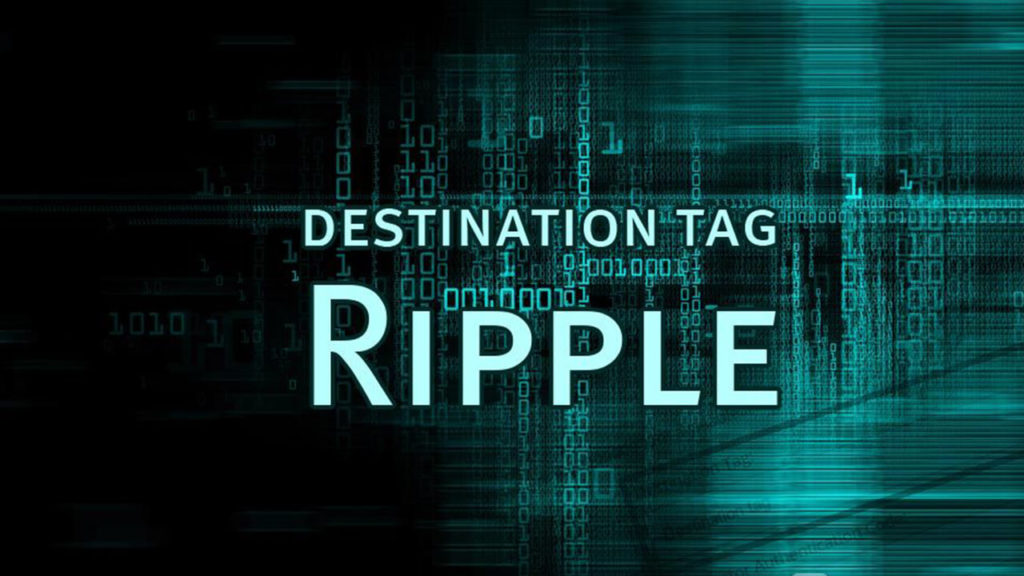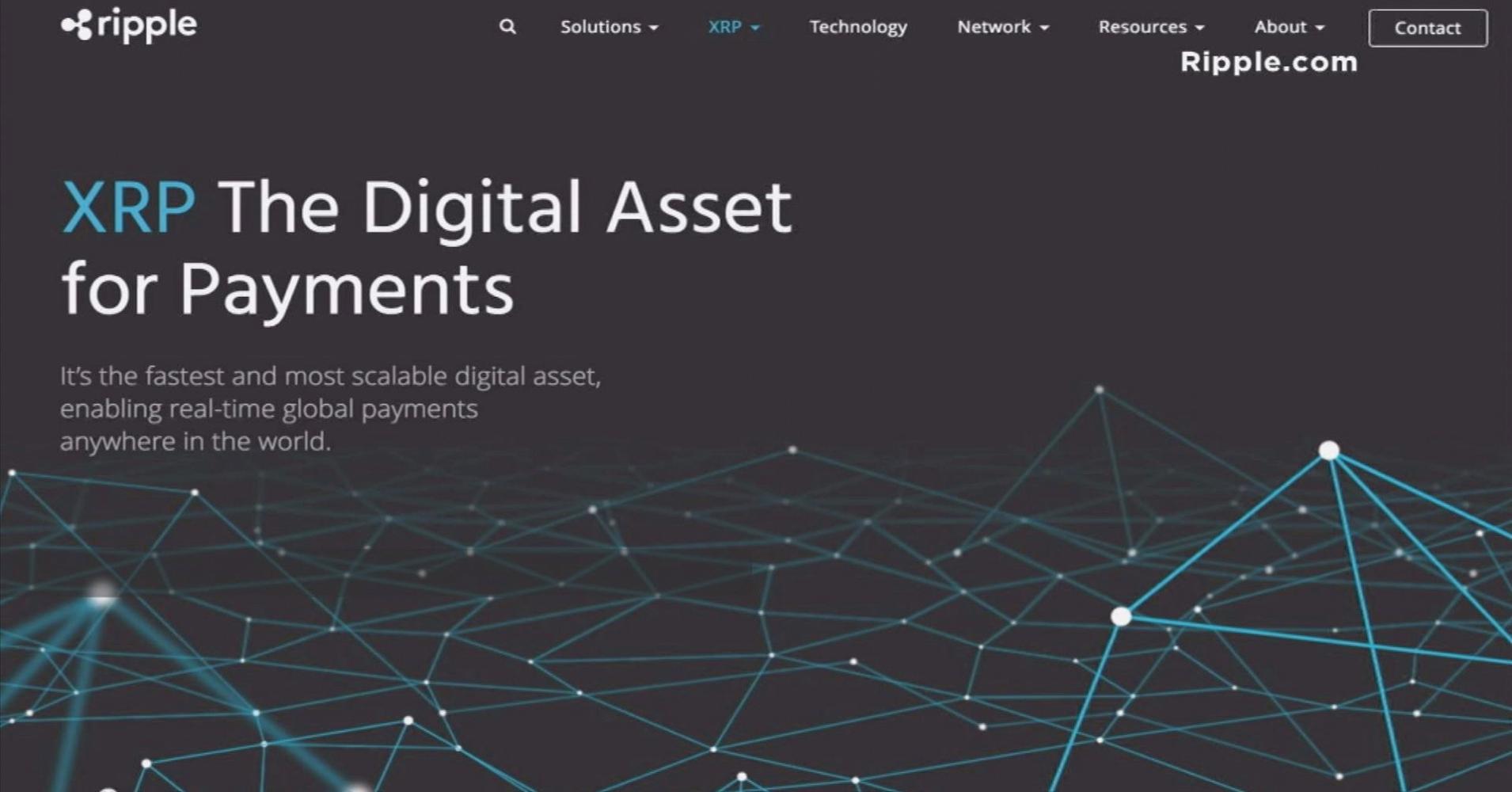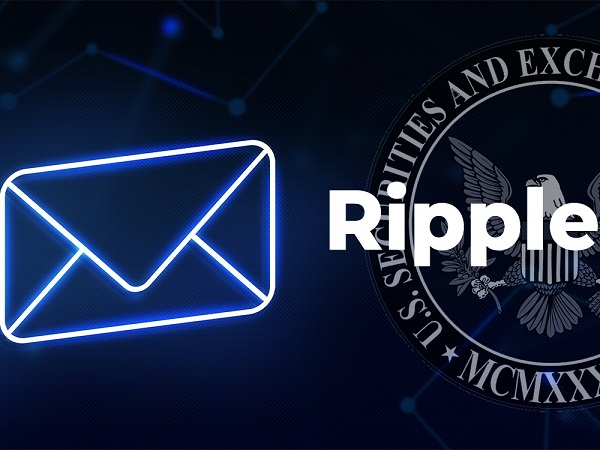The Ripple FAQ section will help everyone who is interested in understanding the main issues that relate to one of the most popular cryptocurrencies in the world – ripple. You will find information that will help you to understand the distinctive features of the ripple below.
Consider the current and most frequently asked questions about this issue.
Contents:
- Ripple FAQ. What is XRP?
- What is the destination tag and its role in Ripple transactions
- Recommendations and advice. Answers from Ripple FAQ
- Confidentiality and guarantees from ripple
1. Ripple FAQ. What is XRP?
XRP — the cryptocurrency, used by the XRP ledger, that supports international currency exchange and money transfers. XRP can function as an intermediate currency in transactions, involving various currencies such as US dollars, Japanese yen, euros, francs and others, used in the XRP network.
2. What is the destination tag and its role in Ripple transactions
2.1. What if I contacted support on the exchange and there is no answer?
Increased transactions and support requests can cause delays in exchanges. While this may be frustrating, we urge you to wait for a response from the exchange while its support team works to resolve your issue. Please note: since gateways and exchanges are owned and operated independently of Ripple itself, it does not have the authority to resolve issues on individual exchanges.
2.2. What is a destination tag and how do I use it?
Destination tags are a function of payments in the XRP General Ledger and are used to indicate the payee or purpose of a payment. The destination tag is used to indicate to which customer this payment should be credited. Think of this tag as a unique note specific to your XRP ledger address. The destination tag is required while sending any XRP from an external address to your Uphold wallet. If a transaction does not have a target tag or is invalid, it will be rejected by their system.
2.3. XRP was sent via exchange / gateway, but it didn’t arrive. What to do?
Please, be patient if your XRP has not been received yet, there may be a delay in the exchange. If a significant amount of time has passed and you still haven’t received XRP, the exchange may have additional information about the status of your transaction.
If you’ve sent XRP to an address that requires a destination tag.
Please check that the entered destination tag is correct. If it doesn’t exist or is incorrect, you need to contact the receiving wallet / exchange to find your XRP and see if they can credit XRP to your account. You can verify that the transaction was received correctly by looking at the XRP ledger.
If you have provided the correct destination tag but still cannot see it in your transaction.
Please note that exchanges may experience delays when XRP is correctly credited to your account. You will need to contact the exchange. Don’t forget that gateways and exchanges are owned and operated independently of Ripple.
3. Recommendations and advice. Answers from Ripple FAQ
3.1. XRP has been stolen. What do we have to do?
We recommend that you file your complaint through the Federal Bureau of Investigation’s Internet Crime Complaints Center or your local government. Also, please inform your exchange provider and / or wallet about this.
3.2. Does Ripple recommend any digital wallet?
Ripple does not endorse, recommend or make any representations about digital wallets. It is always advisable to do your own analysis before entrusting your money to any third party or third party technology.
3.3. Will Ripple help with your digital wallet problem?
Alas, Ripple is unable to help to troubleshoot third-party wallet issues. You need to contact your wallet representative for help.
| XXRP has been stolen. What do we have to do? | File a complaint through the Federal Bureau of Investigation Internet Crime Complaints Center or local executive authorities + inform exchange provider and / or wallet |
| Does Ripple recommend any digital wallet? | Ripple does not endorse, recommend or make any representations about digital wallets |
| In case of a problem with a digital wallet, will Ripple help? | Ripple can’t help fix the wallet issues of the third parties |
3.4. XRP price changes and whether the fin. institutions will accept xRapid?
No. Ripple has a stable cache of financial institutions that are interested in xRapid piloting. Financial institutions, using xRapid, are not required to conduct XRP for an extended period of time. Moreover, XRP is calculated in three to five seconds, which means that financial institutions are subject to limited volatility during a transaction.
3.5. How many financial institutions have accepted XRP?
As of November 2018, Catalyst Corporate Credit uniоn, MercuryFX and Cuallix have publicly announced the use of XRP in xRapid payment flows to provide liquidity solutions for their cross-border payments. MoneyGram, IDT, Cambridge Global Payments, Direct Currencies and Viamericas have already tried out xRapid.
3.6. Why is Ripple using XRP?
Ripple’s XRP assets are incentivizing the company to make the XRP ledger as useful as possible. XRP exists as a proprietary asset in the XRP ledger for anti-spam transaction purposes and for currency bridges only if it is beneficial to users. Otherwise, the use of XRP in transactions is completely optional.
4. Confidentiality and guarantees from ripple
4.1. Ripple’s standard procedure in a suspicious econ. activities
Ripple is committed to monitoring and reporting any AML violations on the XRP Ledger network, as well as reporting suspicious activity to FinCEN, if applicable.
4.2. Do your secrets go to the Ripple servers?
Data from the Ripple Wallet is never sent to their servers. The only connection to the outside world that the Ripple Wallet creates – a direct connection to the Ripple network.
4.3. If the passphrase is lost, will the wallet be lost?
If you have memorized your recovery phrase, you can get it back.
4.4. If you lose your phone, will your wallet be lost too?
If, after creating addresses, you made a backup from the settings menu, you can restore it to another device.
4.5. How is Ripple’s personal data stored on your device?
They are stored, using PouchDB. In particular, personal data is strongly encrypted and then stored on your device. Your passphrase is used to generate a cryptographic key to store this data. The PouchDB instance never syncs with any external server.
4.6. Limited combinations of PIN codes, concerns in this regard
There are only 100,000 possible PIN combinations. Wouldn’t two people end up with the same PIN and be able to access each other’s XRP? Firstly, the PIN is not used to encrypt your personal data to prevent your friends (who probably borrow your phone sometimes) from checking how much XRP you have. Secondly, every time a passphrase is set in the Ripple Wallet, it randomly tends to “get lost” in this space, so even two identical phrases on two different devices give out two different keys. Finally, Ripple Wallet does not generate Ripple personal data deterministically, so it never does.











